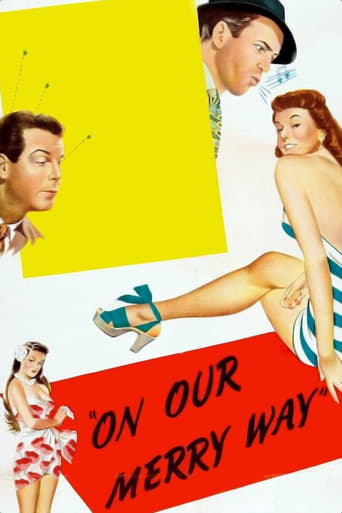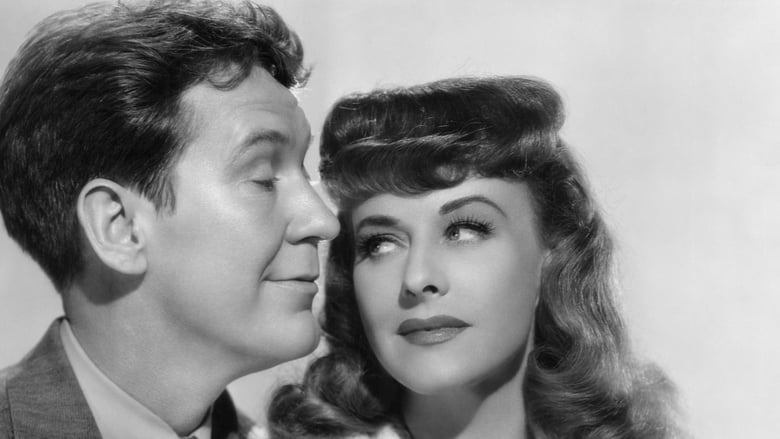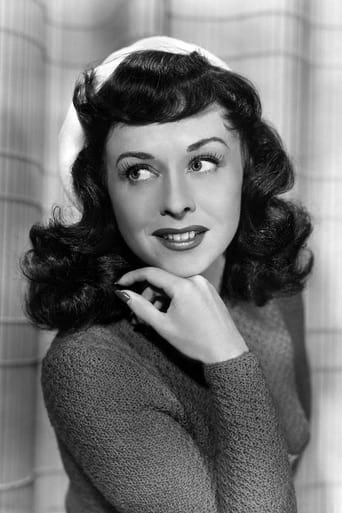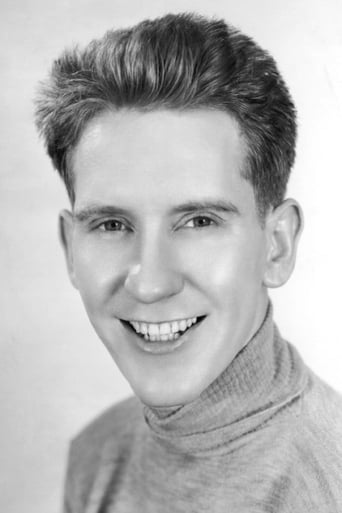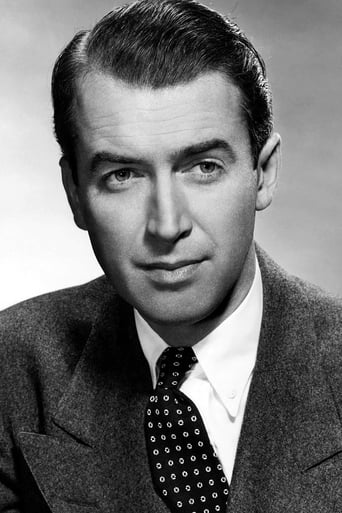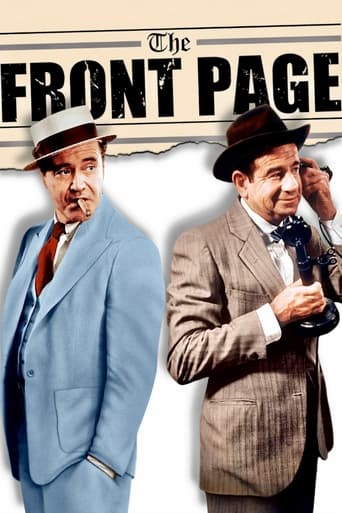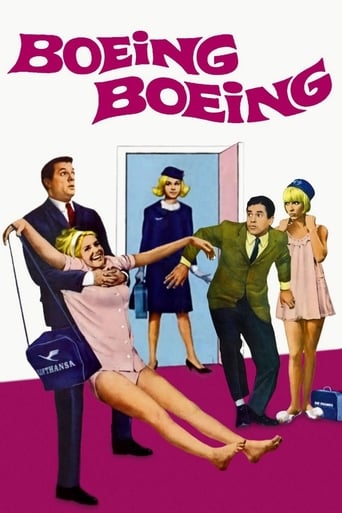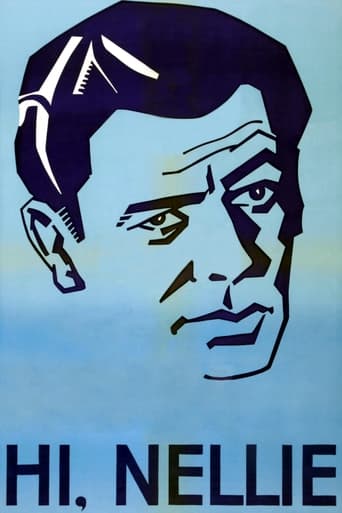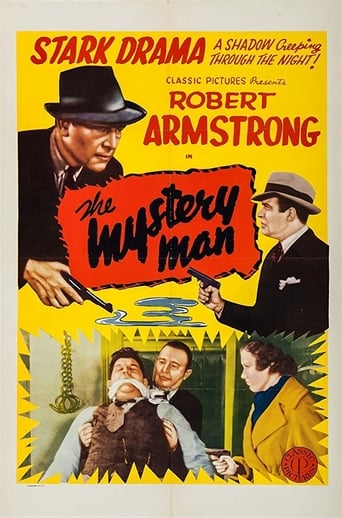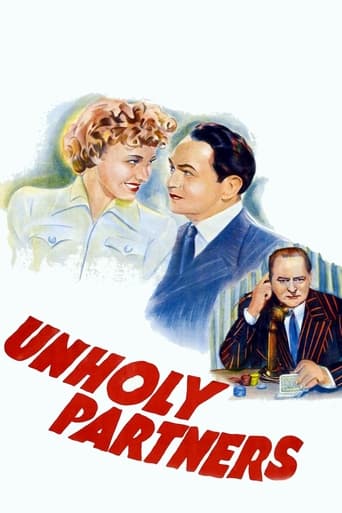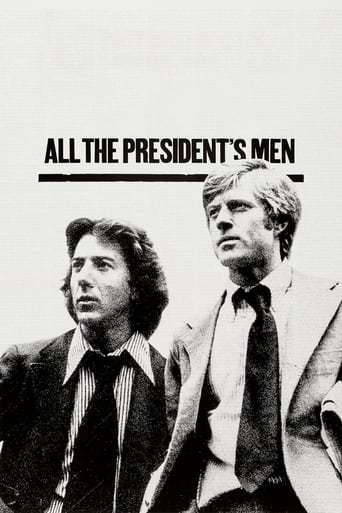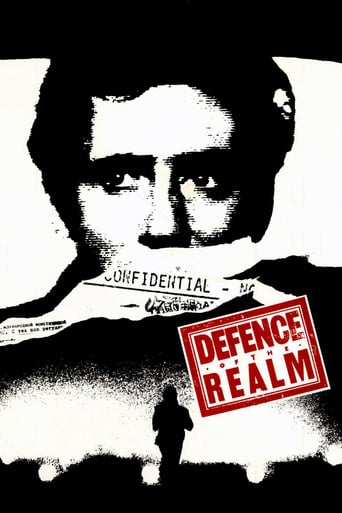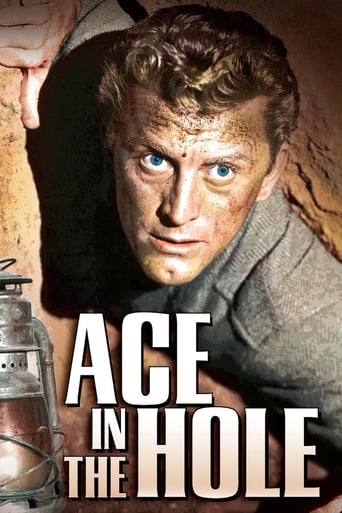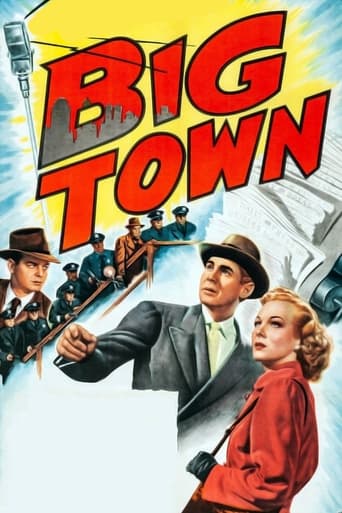On Our Merry Way (1948)
Oliver Pease gets a dose of courage from his wife Martha and tricks the editor of the paper (where he writes lost pet notices) into assigning him the day's roving question. Martha suggests, "Has a little child ever changed your life?" Oliver gets answers from two slow-talking musicians, an actress whose roles usually feature a sarong, and an itinerant cardsharp. In each case the "little child" is hardly innocent: in the first, a local auto mechanic's "baby" turns out to be fully developed as a woman and a musician; in the second, a spoiled child star learns kindness; in the third, the family of a lost brat doesn't want him returned. And Oliver, what becomes of him?
Watch Trailer
Cast


Similar titles
Reviews
To rightly call a movie "awful" is fine with me. But to totally misstate part of the story is highly inappropriate. In his review here, poster aberlour36 refers to "Fonda playing drunk and Stewart with an apple stuck in his mouth...". Well, Fonda wasn't playing drunk, he was sea sick. Stewart didn't have an apple stuck in his mouth, it was a lemon, and part of the plot.Now, as to the movie: How do you take a movie with Burgess Meredith, Paulette Goddard, James Stewart, Henry Fonda, Dorothy Lamour, Victor Moore (you'll know him when you see him), Fred MacMurray, William Demarest, Harry James, Hugh Herbert, and even Carl 'Alfalfa' Switzer and turn it into a stinker? Why watch this film? Well, not to see Henry Fonda and Jimmy Stewart act, but perhaps to see them doing something akin to slapstick (note I say "akin", because it's not quite slapstick). Not to mention seeing Fonda play someone with a speech impediment. No, this is not Academy Award material! The film is actually three separate stories strung together by a hopeful newspaper (Burgess Meredith) reporter trying to find a good story line.And then there is the question of the missing Charles Laughton segment. Well, though the magic of You Tube, you can see this footage. Although interesting, Laughton's performance as a failure doesn't ring true. He doesn't seem at all upset about it, but leaves his church anyway, right in the middle of a tremendous thunderstorm (which also doesn't make much sense). Laughton converts a dying man by reading -- very poorly I might add -- from the scriptures. You would think a segment starring Charles Laughton would be better than a segment (which replaced it) starring Dorothy Lamour. But at least in this case, you would be wrong. The Lamour segment is more entertaining, and actually fits the overall story line better.The Fred MacMurray segment is downright foolish.I can only guess that the underlying problem here is that one of the stars was producer -- Burgess Meredith. Proving once again that most actors ought to stay in front of the cameras.Really, watch this one just to see how bad a movie can be.
You never know what gems the vaults will deliver. The 1948 musical comedy On Our Merry Way has a self-reflexivity 60 years ahead of its time.The main and three subplots show women commanding the character and strength that saves their men. They play on various forms of a "baby." In one two roving conmen (Fred Macmurray, William Demarest) are trapped by the evil 10-year-old they hope to return home for a cash reward. Shades of O. Henry's "Ransom of Red Chief." The brat's older sister is the only sane, competent member of the family, including the crazed bank manager uncle. Then a spoiled rotten child star is shown her selfish ways and atones by boosting the careers of a washed-up old actor (Victor Moore) and a pretty starlet who blossoms when she dons a sarong. The starlet is Dorothy Lamour, who performs a spirited parody of her usual musical (and saronged) numbers.In the best episode (directed by uncredited John Huston and George Stevens) Henry Fonda and James Stewart star as broke swing bandleaders who set up a rigged talent contest to get the money to fix their bus. Their plan is torpedoed when their mechanic's daughter, Baby, turns out to be a hot beauty who blows every mean horn, impressing judge Harry James. The two leads have a charming ease together that supports the very broad comedy. In their happy ending the Babe takes over their band, the bus mobile again, but she invites them to stay.The main plot works round to a happy ending too. The editor brings Oliver Pease (Burgess Meredith) a job offer just as their furniture is being repossessed. Wife Martha reveals she's expecting a baby. As it turns out, the looming baby — through its mother's initiative — has transformed the daddy from a duplicitous loser into a sensitive, effective reporter. More than a child affecting the plots, that other secondary type, the woman, is the motive force that in each story is responsible for the success. Martha has been on to Oliver all along.In addition to that irony and the recurring parody, the film also provides that rarity, the actor's direct address to the viewer. Meredith's Oliver confides to the audience that he has lied to his wife, that he's going to come clean even if her loses her, and defines us as companions on his adventure. This is not a great movie but it is a knowing one, enjoying the liberties it takes with the studio film conventions. John Ohara and Arch Oboler had a hand in the stories. For more see www.yacowar.blogspot.com.
Down-on-his-luck newspaper ad-man, working the lost-and-found desk, creates a reporting opportunity for himself wherein he polls everyday citizens with an innocuous yet potentially interesting question, "What affect has a child had on your life?" (this is immediately rectified to 'baby' when posed to two jazz musicians). In the prologue, co-producer and star Burgess Meredith is awfully pushy trying to ingratiate himself to the audience; he and Paulette Goddard make for a curious married couple (to say the least), but they're not around enough to cause too much damage. Still, this overlong compendium involving stammering music-partners, a would-be movie actress, and two traveling showmen fails to touch upon anything personal or provocative. It is initially nice to see Henry Fonda and James Stewart sharing the screen, yet their comedic episode is silly and annoying. Production vales high, cast is game, but there are so few laughs that one may think the filmmakers were actually trying for something meaningful. Sadly, there is no substance or depth on display. *1/2 from ****
There is a mystery here somewhere: Why was this film made? It is a terrible embarrassment for fans of all the otherwise great actors involved. I saw it the other night on TCM and could not believe my eyes. The "comic" scene between Henry Fonda and Jimmy Stewart is surely one of the weaker moments in Hollywood history! Fonda playing drunk and Stewart with an apple stuck in his mouth are not exactly hilarious. As for the babe supposedly playing trumpet (it was, of course, Harry James really playing), someone might at least have told her that the mouthpiece smears one's lipstick. At the conclusion of this scene, the Harry James band files off the stand--quickly. One can understand why! Burgess Meredith and Hugh Herbert are not at all amusing. And as for Dorothy Lamour, well, she should have stuck with Bob Hope and Bing Crosby. On her own she best belongs in a small town chorus. You get the picture: At all cost avoid this movie. Why was it made? In one shot we see written on a wall: "Kilroy Was Here." Explain that in 1948! In fact, explain anything about this production.

